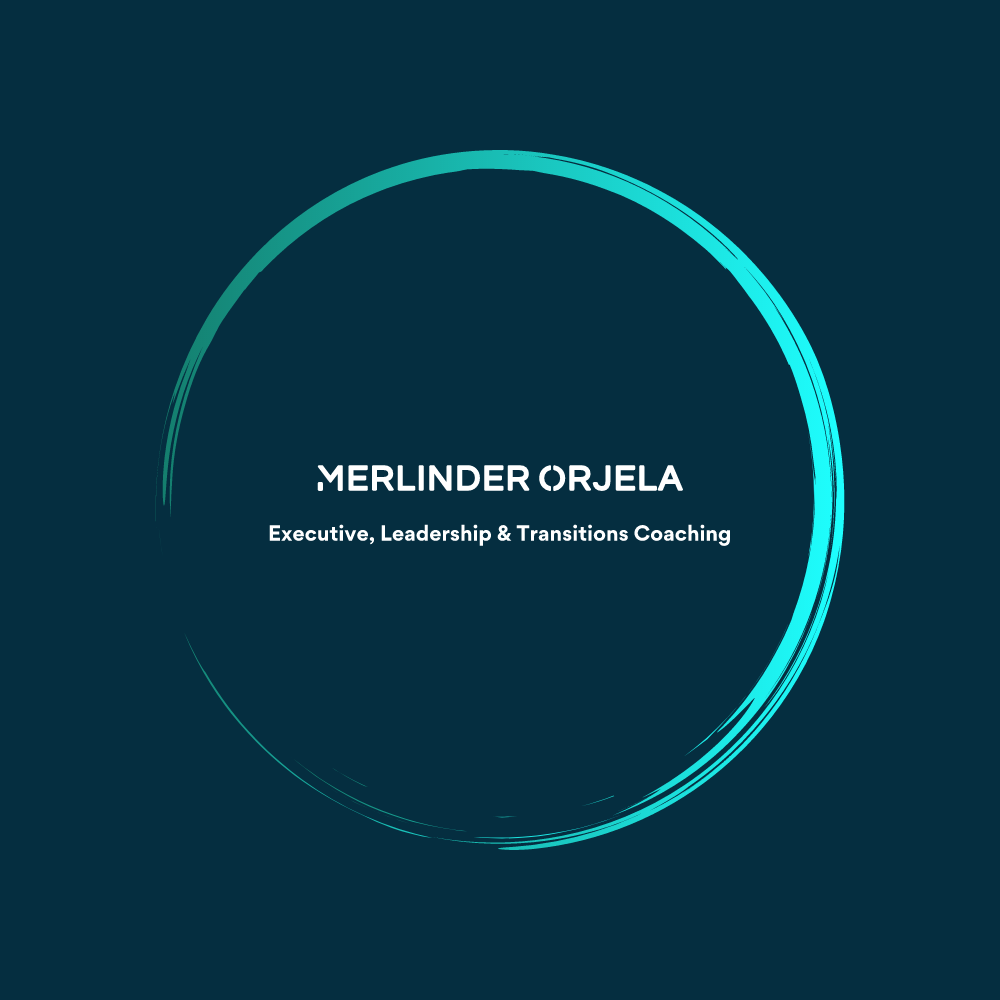Responding vs. Reacting for Executive Presence
As a leader being able to respond to a situation instead of reacting is crucial to being able to lead in an authentic way, i.e. a way you want to lead that is in line with your values, which contributes to your team’s, business’ and your own success, as well as executive presence. Reacting in this case is meant in a more negative sense, where it is often not bringing out the best of yourself, others or the situation.
Reactions often happens when we are triggered or when we are “hijacked” by a stressful situation, which can lead to our brains going into fight, flight or freeze mode. This is a survival mechanism but not always one which is appropriate in our daily life, where our perceived threats are not the same as say a tiger in the jungle.
It is often harder to detect just before or even during, however noticing it is key to responding to a situation in a way we would like. With practice and building awareness, responding becomes more natural.
Some steps to work on responding on your own:
1. Reflect back on a situation where you reacted. Ask yourself:
- What happened, what triggered the reaction?
- What values do you notice are in conflict in the situation?
- Think about a way you would like to have responded instead – what is different?
Not every situation is the same, but you may notice some patterns in both personal and professional life.
2. Once you have figured out what triggers some reactions, think of a strategy which would help you when you notice you have been triggered. Perhaps it is as simple as taking a breath, pausing, noticing what you are feeling in your body, stepping away from the conversation (if that is possible) or vocalizing what you are noticing or reacting to. This then usually is followed by responding in a way you would like as it pauses the stress response.
3. Keep practicing, it’s not an easy process, noticing when you are hijacked and therefore reacting is the first step, even if it seems like it is a bit late and you have already reacted, it is progress.
What do you want to get better at responding to?

